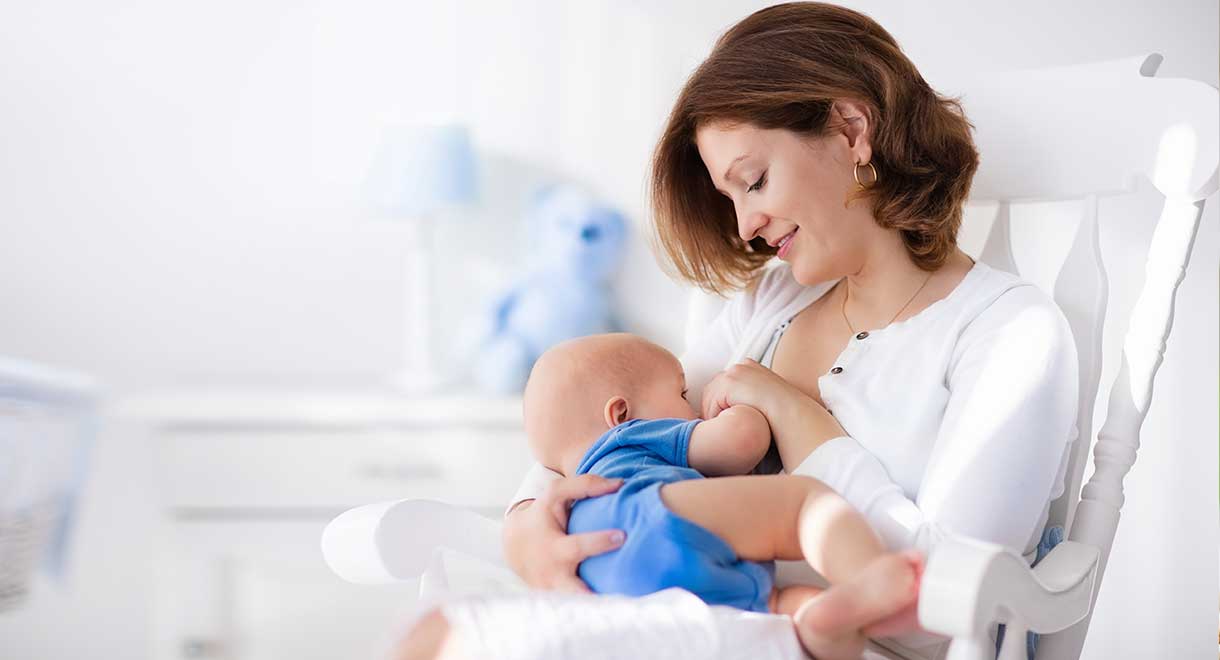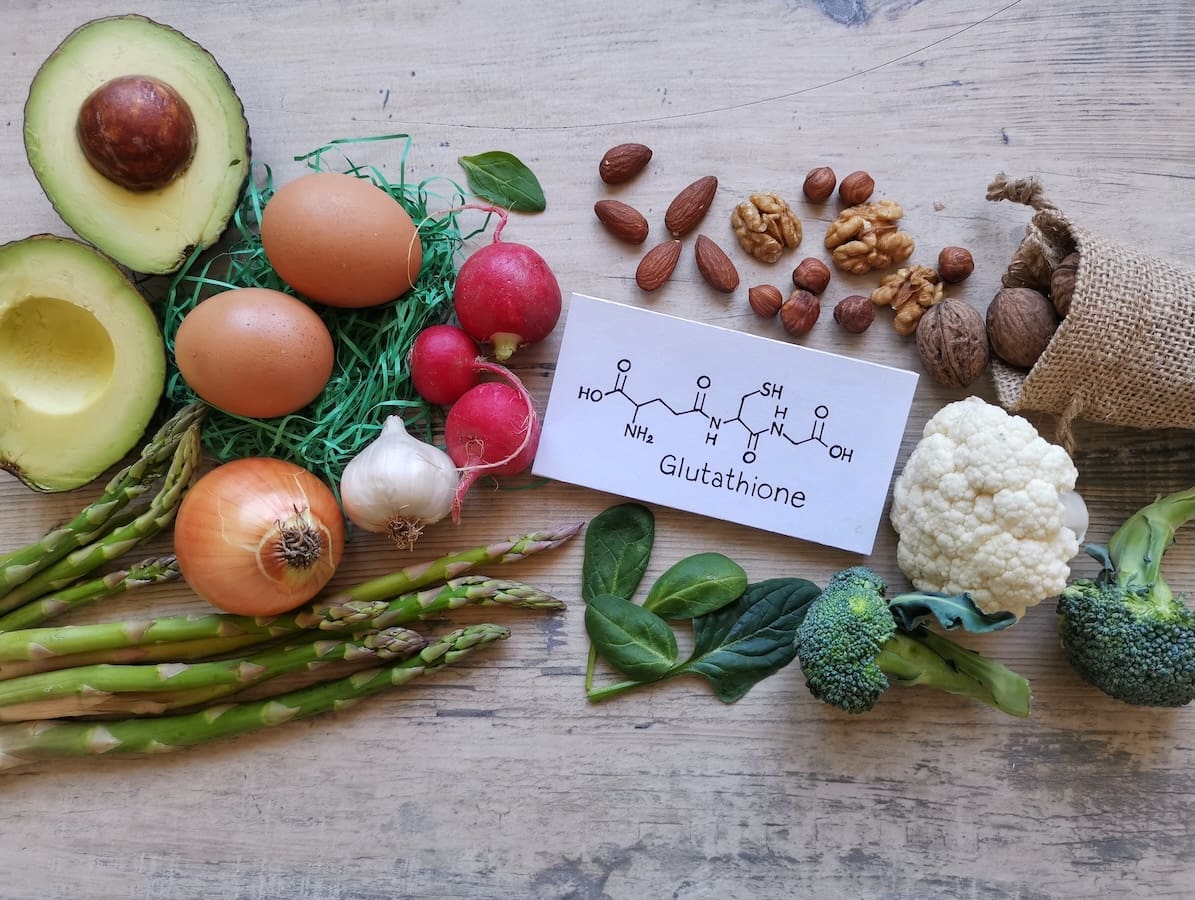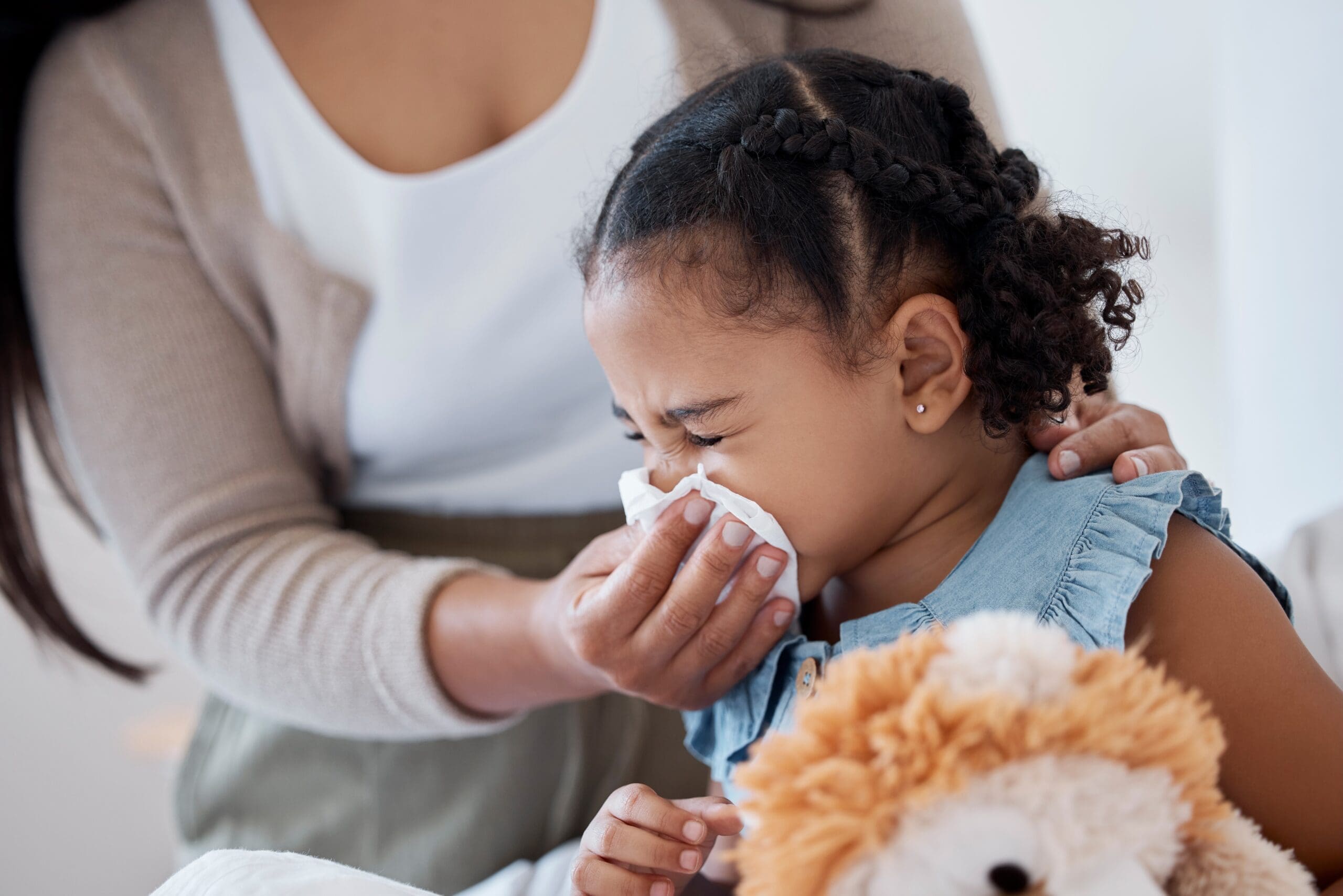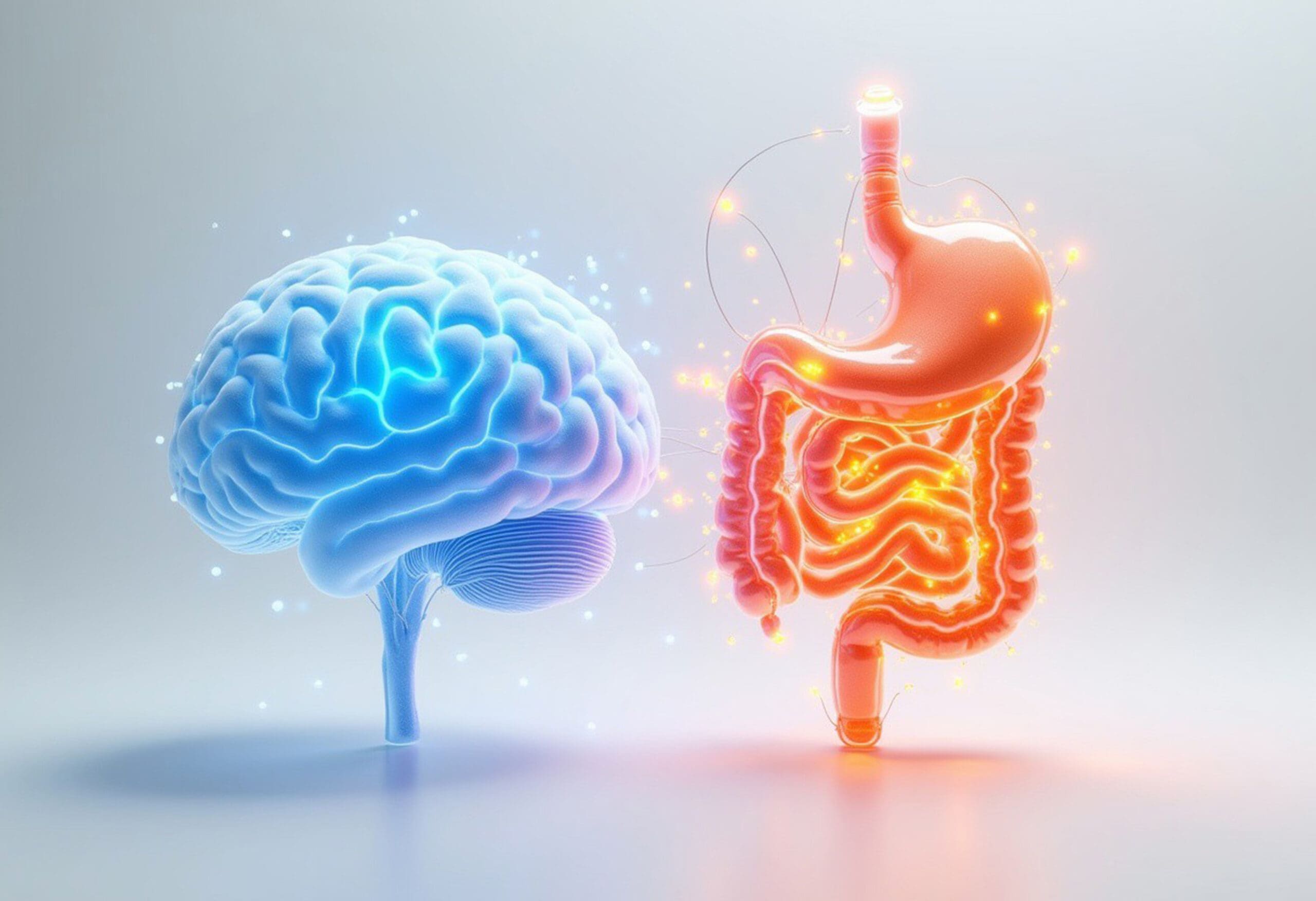All about breastfeeding
By Jessah Shaw, Adv Dip (Nut Med)
Breast milk is a cheap, safe, presterilised source of food which contains just the right balance of nutrients for your baby’s growing needs. It also contains antibodies passed on from the mother to protect against harmful organisms and to build up the baby’s resistance to disease. While most women find breastfeeding to be an enjoyable and satisfying experience, we recognise that there will always be mothers who choose not to breastfeed, or who find it too difficult, stressful or impractical, especially if they want or need to return to work. By far the most important thing for your baby is to be in a safe, loving and happy environment with whatever suits the both of you.
Most women are capable of breastfeeding if they have the right advice and help available. Breastfeeding is not necessarily something you or your baby will know how to do instinctively. Learning the current techniques of attaching and feeding your baby and what to do if problems arise, will ensure successful breastfeeding. Take advantage of your time in hospital by asking for help, many hospitals have a lactation consultant available for precisely this reason.
If you do wish to breastfeed, some preparation during pregnancy can help to produce supple, stretchy nipples that are used to being handled. These below tips are relevant for before and after birth:
- Ensure you purchase a maternity bra to accommodate the breast enlargement which accommodates pregnancy.
- While showering, gently pull out the nipples and roll them between thumb and forefinger.
- After showering, pat breasts and nipples dry, making sure to avoid harsh rubbing with rough towels and don’t use soap or anything drying on the nipples.
- Expose the breasts to the air for short periods of time.
- After birth, try breastfeeding as soon as possible and offer feeds frequently to encourage an adequate and early milk supply.
- Begin a feed with the breast you finished on last feed; for example, left to right, right to left and so on. Let the baby feed on one breast until he slows or stops sucking and then offer the second breast until he stops sucking or goes to sleep. (Some babies may only feed from one breast at each feed)
How do I know my baby is getting enough milk?
Conversely to the rigid four-hourly feeding schedule that used to be the logical aim, these days demand feeding is the norm. That is, feeding the baby as often as he or she desires, which could mean anywhere from two to six hourly with a range of around four to eight feeds per day. A definite sign that your baby is getting enough is if your baby is gaining weight. After the first week the average weight gain is 150-200 g per week for the first four months, dropping to around 90-150 g per week for the next four. Another good sign is if baby has six to eight wet nappies a day.
Dietary tips for breastfeeding mothers
Many nursing mums will notice they are ravenously hungry, particularly in the early stages, and it is important to make sure you are eating the right foods.
- Include often: large amounts of raw fruits and vegetables; salmon and sardines with the bones; eggs, poultry and grass-fed meat (optional); nuts and seeds; plenty of fluids (10 glasses daily) like water, herbal tea and vegetable juices. Raw juicing with carrot, spinach, apple, ginger, lemon, parsley and mint can help milk supply. There are excellent recipes in Dr Cabot’s book ‘Raw Juices Can Save Your Life’.
- Minimise alcohol intake, as the concentration of alcohol in the breast milk can reach 90 percent of blood alcohol levels.
- Check before taking any medications, including OTC preparations, that they are safe when combined with breastfeeding.
Recommended supplements
- Collagen food: Take ½ tsp powder twice daily in water or juice – MSM (organic sulphur) assists with recurrent infections, is good for the immune system and helps improve general wellbeing.
- Magnesium: ½ tsp twice daily OR 2 tabs twice daily – Relieves symptoms of stress and reduces sleeplessness and restless sleep.









Leave A Comment